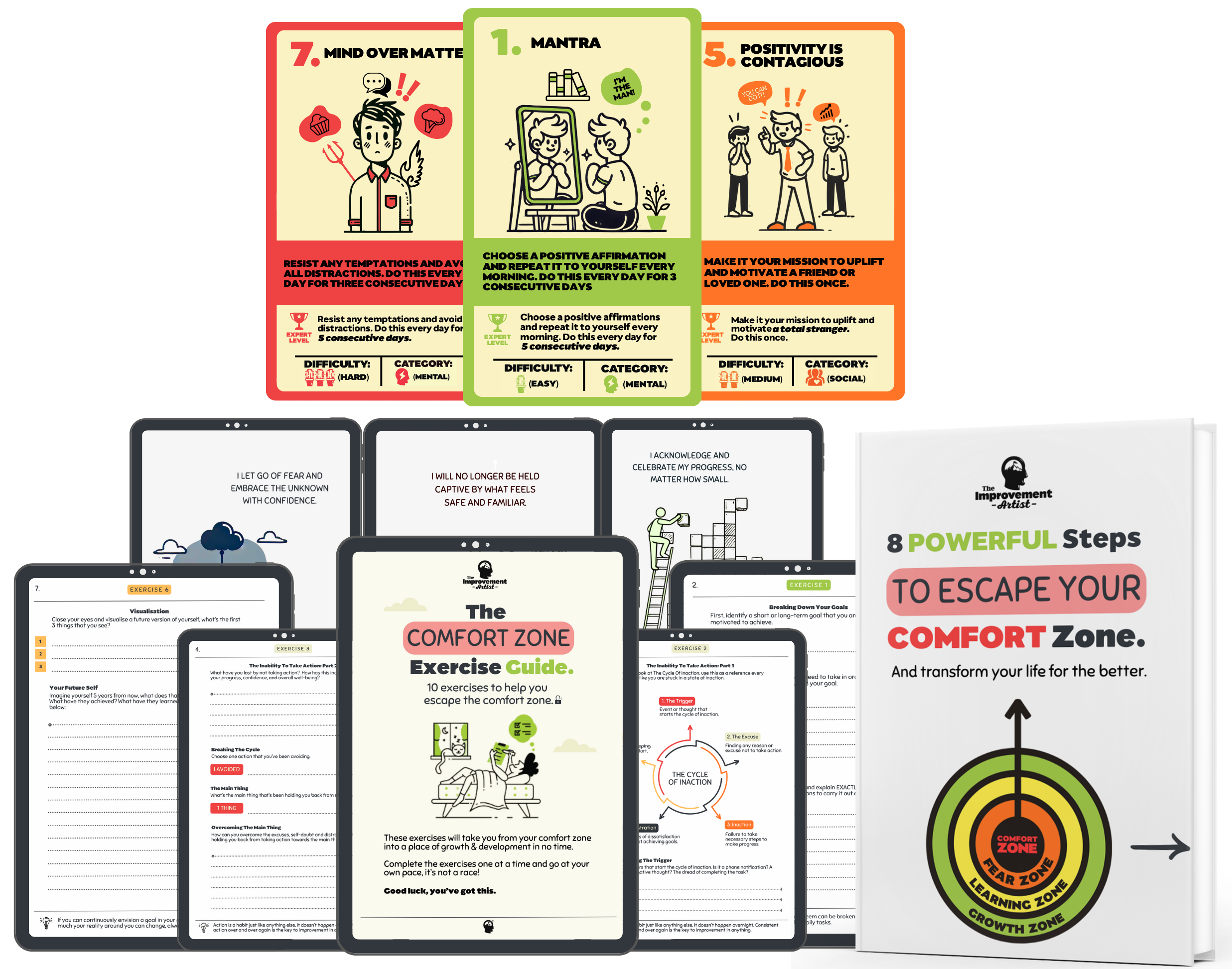Introduction
In recent years, bullet journaling has become a popular method for organising tasks and tracking personal goals.
However, its benefits extend far beyond productivity.
A mental health bullet journal can be a transformative tool for enhancing your mental well-being.
This guide will explore seven life-changing prompts that you can incorporate into your mental health bullet journal.
Whether you are new to journaling or looking to expand your practice, these prompts will help you manage stress, track your emotions, and foster a deeper understanding of yourself.
Definition and Benefits of a Mental Health Bullet Journal
A mental health bullet journal is a personalised journal designed to help you track your mental health, emotions, and well-being.
Unlike a standard bullet journal, it focuses specifically on your mental health journey.
Here are some key benefits:
– Emotional Tracking: Helps you identify patterns and triggers.
– Stress Reduction: Provides a healthy outlet for expressing feelings.
– Self-Awareness: Promotes deeper understanding of your emotions and thoughts.
– Goal Setting: Encourages setting and achieving mental health goals.
Prompt 1: Mood Tracker
A mood tracker is an essential component of a mental health bullet journal.
It allows you to monitor your emotions daily and identify patterns over time.
How to Set Up a Mood Tracker:
– Create a Monthly Chart: Draw a chart with days of the month on one axis and a range of moods on the other.
– Use Colors: Assign different colours to different moods (e.g, blue for calm, red for anxious).
Benefits:
– Pattern Recognition: Helps you recognise emotional triggers.
– Self-Awareness: Increases awareness of your emotional fluctuations.
*Learn more on mental health here: [How to Journal for Anxiety – A Complete Guide]
Prompt 2: Gratitude Log
A gratitude log involves writing down things you are thankful for each day.
This practice can significantly boost your mental health by shifting your focus from negative to positive aspects of life.
How to Start a Gratitude Log:
– Daily Entries: Dedicate a section of your journal to write down at least three things you are grateful for each day.
– Reflect: At the end of the week, review your entries and reflect on the positive aspects of your life.
Benefits:
– Positive Mindset: Encourages a more positive outlook.
– Stress Reduction: Helps in reducing stress by focusing on positive elements.
Discover more tips: [How to Change Your Mindset – 10 Quick Tips]
Prompt 3: Daily Affirmations
Daily affirmations are positive statements that can help you challenge and overcome negative thoughts.
Including them in your mental health bullet journal can improve your self-esteem and mental well-being.
How to Incorporate Daily Affirmations:
– Write Affirmations: Start your day by writing a positive affirmation in your journal.
– Repeat: Say these affirmations out loud to reinforce their impact.
Benefits:
– Boosts Confidence: Reinforces positive self-belief.
– Reduces Anxiety: Helps manage anxiety by focusing on positive thoughts.
Explore related strategies: [How to Improve Self-Esteem in 12 Different Ways]
Prompt 4: Stress Management Plan
A stress management plan can be a valuable addition to your mental health bullet journal.
It outlines strategies and activities that help you cope with stress effectively.
Creating a Stress Management Plan:
– Identify Stressors: List common stressors in your life.
– Develop Strategies: Write down activities and techniques that help you manage stress (e.g., deep breathing, exercise).
Benefits:
– Preparedness: Helps you feel more prepared to handle stress.
– Effective Coping: Encourages the use of healthy coping mechanisms.
Check out: [Our Best 7 Ways to Deal with Pressure]
Prompt 5: Self-Care Checklist
A self-care checklist is a list of activities that promote your physical, emotional, and mental well-being.
Including this in your mental health bullet journal ensures you prioritise self-care regularly.
How to Create a Self-Care Checklist:
– Daily Activities: List daily activities such as exercise, healthy eating, and meditation.
– Weekly Activities: Include activities like spending time with loved ones or pursuing hobbies.
Benefits:
– Balanced Lifestyle: Encourages a balanced approach to health.
– Prevent Burnout: Helps in preventing burnout by ensuring regular self-care.
Learn more: [How to Improve Self-Esteem in 12 Different Ways]
Prompt 6: Sleep Log
A sleep log helps you track your sleep patterns and identify factors that may affect your rest.
Good sleep is crucial for mental health, making this an important prompt in your journal.
Setting Up a Sleep Log:
– Daily Entries: Record the time you go to bed, wake up, and note any disturbances.
– Track Quality: Rate the quality of your sleep each night.
Benefits:
– Improved Sleep: Helps you make adjustments to improve sleep quality.
– Mental Clarity: Better sleep leads to improved mental clarity and mood.
Prompt 7: Goal Setting
Setting and tracking goals in your mental health bullet journal can provide a sense of purpose and direction.
Goals can be related to any aspect of your mental health journey.
How to Set Goals:
– SMART Goals: Ensure your goals are Specific, Measurable, Achievable, Relevant, and Time-bound.
– Track Progress: Regularly update your progress towards these goals.
Benefits:
– Motivation: Keeps you motivated and focused.
– Achievement: Provides a sense of accomplishment when goals are met.
Discover the power of goal setting: [7 Reasons Why You Need to Start Goal Setting]
Try Our Mental Health Bullet Journal
Ready to take your mental health bullet journal to the next level?
Explore our “The Self-Improvement Journal” and begin taking care of your mental health.
This tool is designed to guide you through self-reflection, goal-setting, discomfort, routines, habits and more.
Check out The Self-Improvement Journal Here
Conclusion
A mental health bullet journal is a powerful tool for managing your mental well-being.
By incorporating these seven life-changing prompts, you can transform your journaling practice and enhance your self-awareness.
Start today and experience the positive impact on your mental health.
For additional support, explore The Self-Improvement Journal to further enrich your mental health journey.
The Improvement Artist

